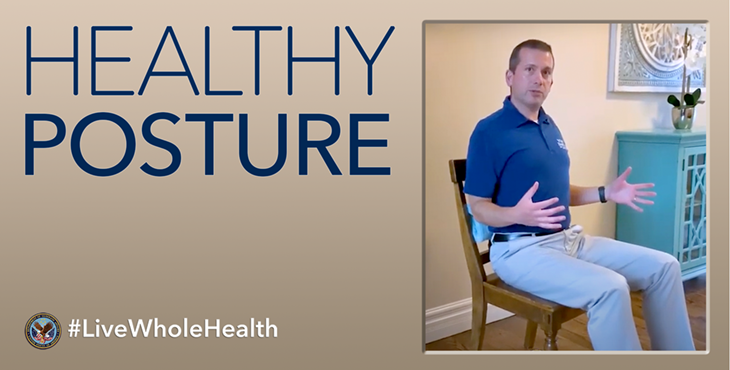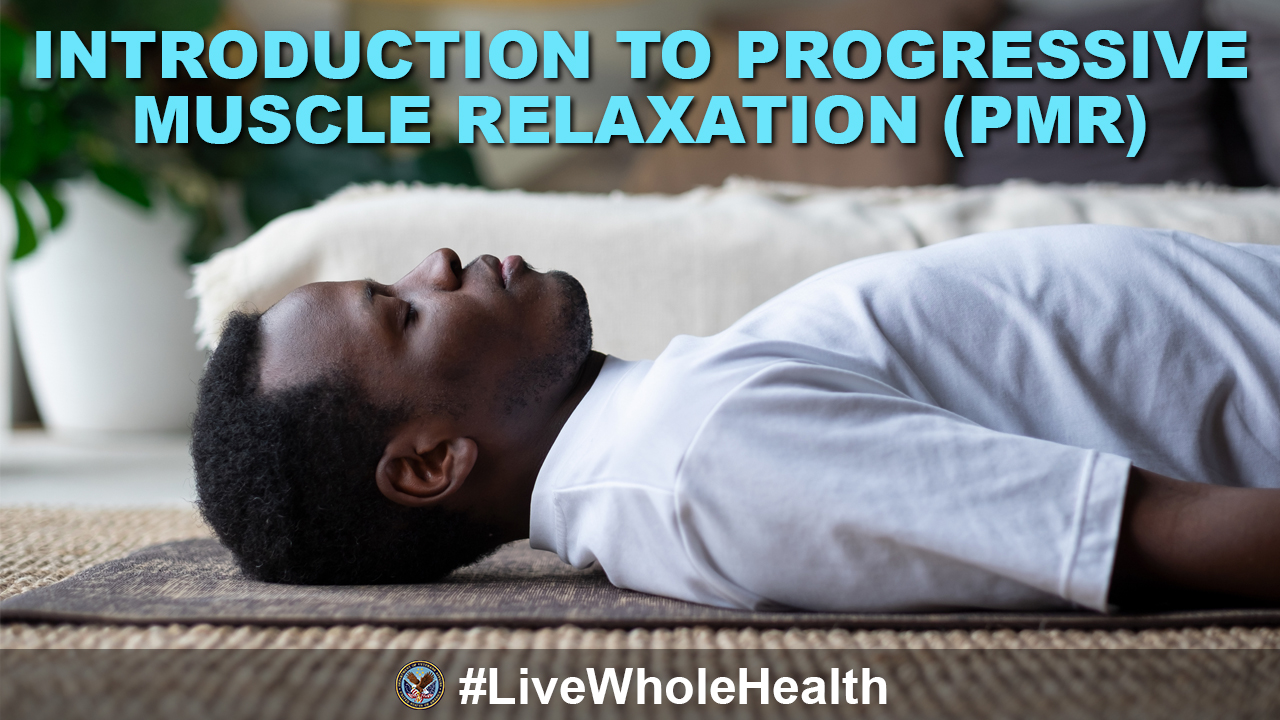When I lived in North Carolina, I remember the story of a local woman who made the news for a message that was left on her car. She had parked at a grocery store in a space reserved for Veterans. She returned to find a note taped to her door stating, “This parking is for Veterans, lady. Learn to read & have some respect.” The woman had served for eight years in the U.S. Navy.
The author of that note saw a woman parking in a space reserved for Veterans, couldn’t understand that she might have been a Veteran, and became angry. If that person had known the driver’s service history, they probably wouldn’t have been upset.
Situations we encounter are not what angers us; what angers us is how we look at those situations, how we process them through our own lens of experience. Because this is true, we have a choice in whether to become angry, or depressed, or anxious.
Is the person riding your bumper just a jerk who needs to back off? Or is it someone in a legitimate emergency? Does the cashier who snapped at you have a bad attitude and deserve to be fired, or is she struggling with a divorce or loss of a loved one? Simply changing your perspective—changing the way you look at things—can change your feelings and your physical response to it.
Take a beat, take a breath
Clearly this doesn’t always work. Sometimes anger is warranted, such as when you’ve served your country for eight years and find a note on your car reprimanding you for parking in a spot reserved for Veterans.
Even in times when our anger is justified, it can still cause us harm. Being angry raises our blood pressure, makes us tense, hurts our relationships, and doesn’t improve the situation. So next time you find yourself becoming upset, practice taking a deep breath, slowing down your reaction and trying to change the way you look at things.
You can practice using your breath to slow down your thoughts in this 3-minute mindfulness practice by Amy Grinberg, clinical health psychologist at the Headache Centers of Excellence for the VA Connecticut Healthcare System:
For examples of some simple breathing exercises and how they can positively impact your health and well-being, check out this Breathing and Health handout or this Breathing tool.
Topics in this story
More Stories
Ignoring challenging emotions can negatively impact our health. Breathe through worry, anger and sadness in 5 minutes with this week's #LiveWholeHealth practice.
We all have to-do lists, but our health can't always wait. See how improved posture can improve our well-being in this week's #LiveWholeHealth practice.
After a long day, relaxing shouldn't feel like another chore. Unwind in minutes with Progressive Muscle Relaxation for this week's #LiveWholeHealth practice.







Great post! Perspective-taking truly does make a huge difference!